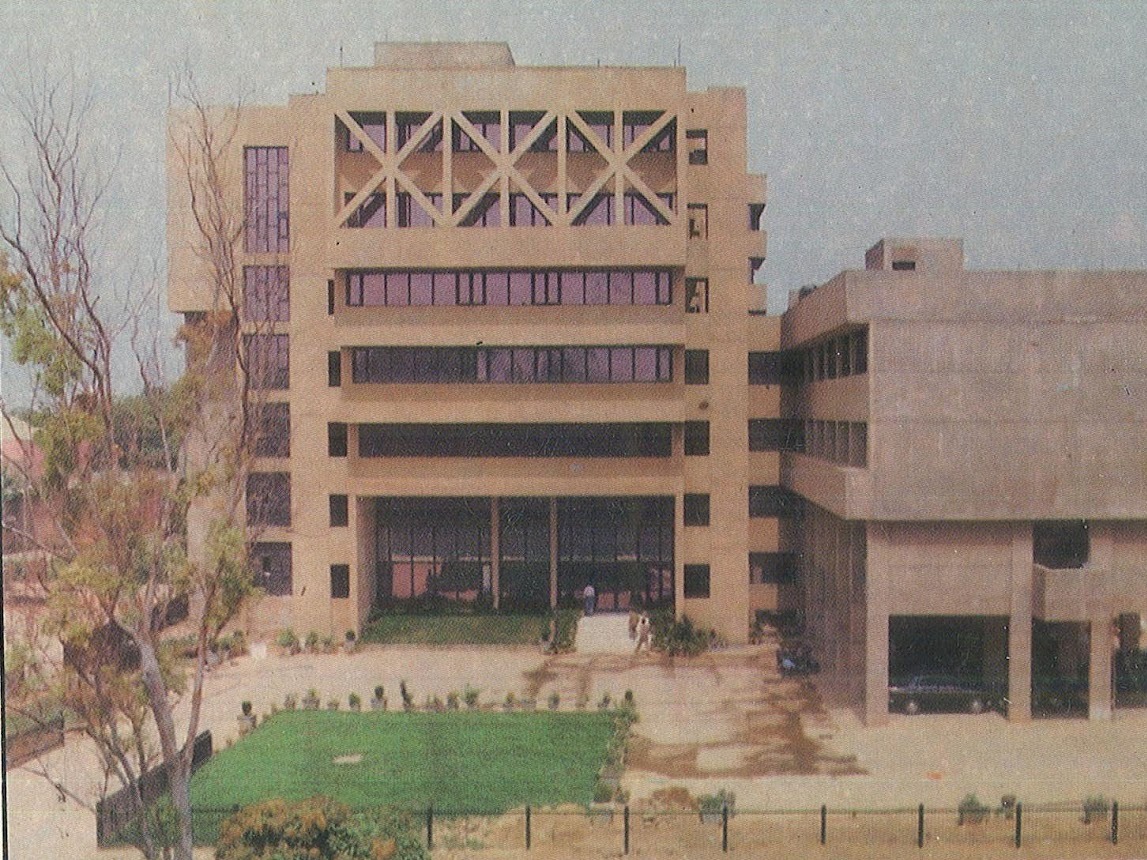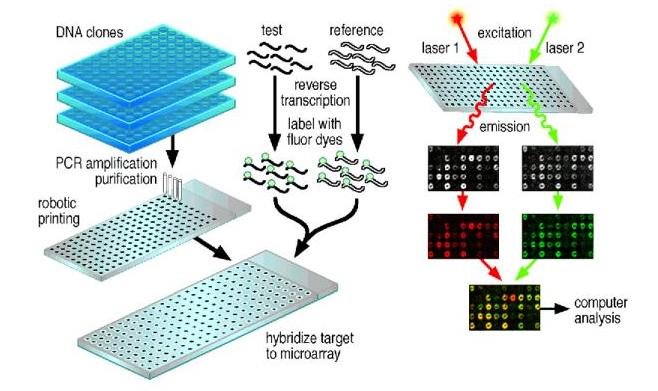
Evolution and Future of Biological Research
In 1966, a biochemicals unit was established at Vallabh Bhai Patel Chest Institute as a grant-in-aid unit by CSIR for manufacture of rare biochemicals under the charge of Dr A. P. Joshi.
In 1977, the unit transitioned into Center for Biochemicals to produce biochemicals, diagnostic reagents, and immunotherapy antigens to the biomedical scientist community. The initial budget of the institute was channeled via CSIR-IICB, Kolkata. It was almost 10 years later in 1986 that the institute was delinked from IICB.


